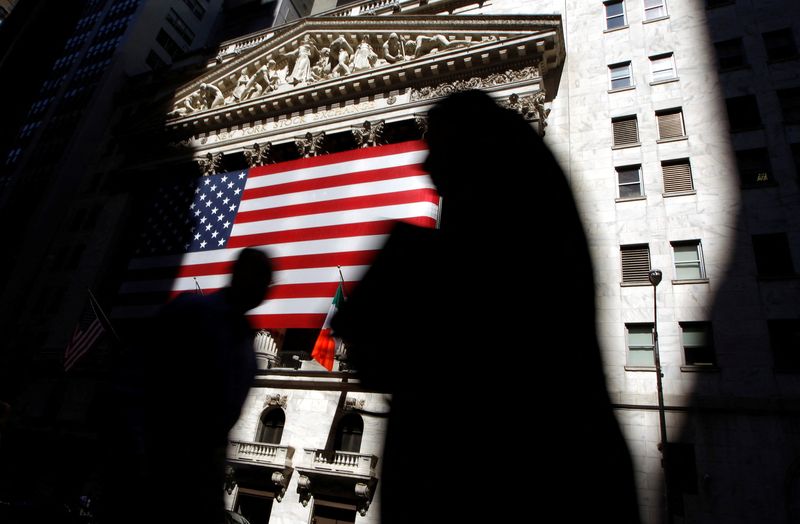Bullish indicating open at $55-$60, IPO prices at $37
Investing.com - The Federal Reserve could soon intervene to help stabilize bond markets, as volatility in U.S. Treasuries intensifies and starts to resemble the COVID-era "Dash for Cash," according to analysts at Jefferies.
U.S. Treasuries extended a heavy sell-off on Wednesday, suggesting that traders may be moving away from even traditionally-perceived safe-haven assets during a broader tariff-driven slide in other assets.
The $29-trillion Treasury market was dented by a rush of selling on Monday that led to one of the sharpest swings in 10-year bond yields in two decades. The sell-off continued into Tuesday, sending benchmark 10-year yields above 4.425%. Yields typically move inversely to prices.
By 08:50 ET (12:50 GMT) on Wednesday, the 10-year yield was exchanging hands at 4.454%.
In a note to clients, the analysts at Jefferies said the moves were reminiscent of March 2020, when fears over the spread of the COVID-19 virus sparked a global race for cash that pushed the Fed to buy $1.6 trillion in U.S. Treasuries.
Similarly to that period, recent sessions have been marked by a reduction in the so-called basis trade, a method of hedge fund arbitrage trading between cash and futures Treasury positions.
However, the Jefferies analysts said that it is not yet "obvious" that the Fed needs to step in to calm markets, arguing that the Treasuries sell-off has so far been "orderly."
"The market could find some footing after we get through the 10-year note reopening" on Wednesday, the analysts said. "That said, we do not think we're too far away from stabilizers coming in."
Should market conditions continue to deteriorate, the Fed has a "number of tools" which were developed after the financial crisis in 2008, the pandemic-induced ructions in 2020, and turmoil sparked by the collapse of Silicon Valley Bank in 2023, the analysts said.
"The experiences of these crises show that the Fed has developed targeted tools to prop up liquidity and stabilize markets that have limited scope for unintended consequences in the broader economy," they added.
